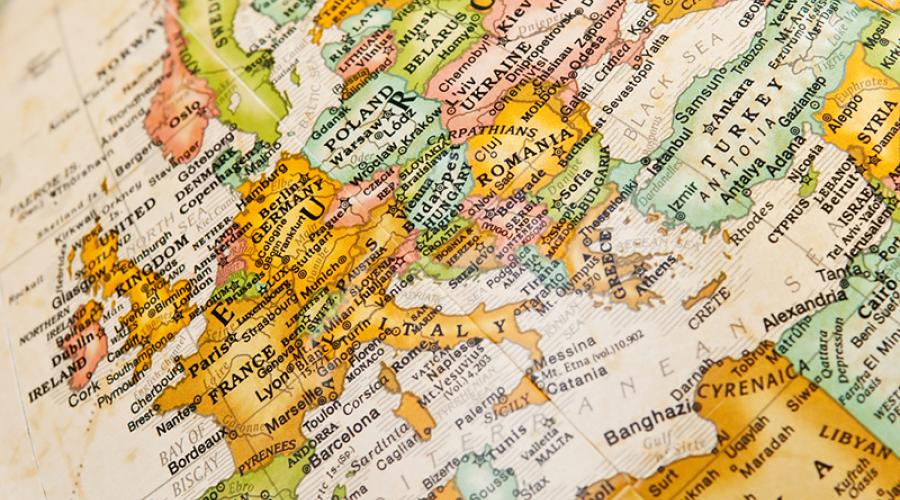
Refugee Crisis Reaction
ILR Senior Research Associate Ian Greer says new border policies aimed at halting the flow of refugees into Europe will come at a high cost, both humanitarian and economic.
While many politicians hope to reduce migration, critics point to concerns including the threat border controls pose to free movement of workers, a core European Union principle, he said.
The restrictive policies could contribute to xenophobic nationalism, said Greer, who studies the political economy of labor and social policy across Europe.
"The European Union is founded on principles of economic freedom, and this includes the free internal movement of workers,” he said.
Through the Schengen agreement, most border controls between member states had been eliminated, making it easier for people to move or commute between countries, Greer said.
But, in response to the refugee crisis, drawing thousands of Syrians, Iraqis and others to Europe, some nations have reimposed restrictions by building walls and deploying military units at their borders, and by refusing entry to some nationalities.
In the past week, Austria, Macedonia, Serbia, Slovenia and Belgium have restricted their borders, Greer noted.
“This raises the prospect of vulnerable people stuck in miserable conditions at border crossings, which we already see at Calais.”
Accepting hundreds of thousands of refugees will lead to major changes in European economies and societies, Greer said, pointing to Chancellor Angela Merkel's approach of welcoming asylum seekers to Germany.
“Predominately Christian towns and neighborhoods will become more diverse. More housing, hospitals, and schools will have to be built. Employers will have a vastly expanded labor pool.”
Most mainstream politicians want to keep Schengen while restricting the migration of refugees, he said.
“But, the increasingly xenophobic tone in politics and the international disputes over how to respond make it doubtful that they can do both."


